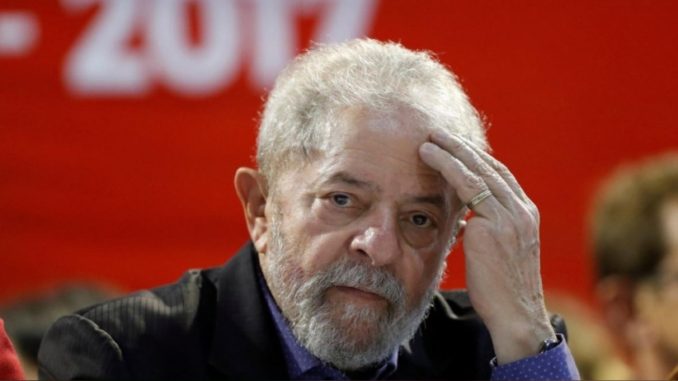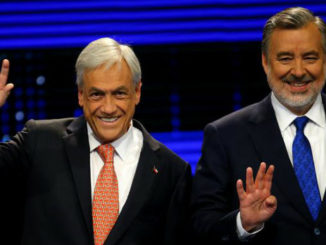
BRASILIA – Brazil’s Supreme Federal Court judges voted early Thursday to reject former president Luiz Inacio Lula da Silva’s plea to avoid prison.
He will begin serving his 12-year prison sentence while he continues to appeal his corruption conviction.
After 10 hours of deliberation, there were six votes against the habeas corpus and five for it. The deciding vote was cast by court President Carmen Lucia Rocha.
Lula was convicted in 2017 of corruption for receiving roughly US$755,000 in bribes from construction company “OAS” in an apartment swap, where a simple flat bought by Lula was traded for a seaside apartment in the same building. Last week, a court upheld the conviction.
With the habeas corpus denied, Lula can be arrested any time, which will prevent him from participating in this year’s presidential elections.
Lula denies owning the apartment.
Brazil’s Lula defies conviction; formally launches presidential candidacy
His defense team said the prosecution did not manage to present evidence that Lula is the owner. There is no contract in his name, no documents attesting his ownership, and nothing more than the testimony of other defendants who gave evidence against him in exchange for leniency.
Lula was found guilty and sentenced to prison for nine and a half years in 2017.
On Jan. 24, an appeals court rejected a motion to overturn his conviction for money laundering and accepting bribes. The court also stiffened his initial sentence, increasing it to more than 12 years.
According to Brazilian law, after being found guilty by the appeals court, the former president can be arrested and made to start serving his sentence before all avenues of appeal are exhausted.
However, Lula’s defense contested the ruling, saying arresting a defendant prior to all appeals hurts the principle of presumption of innocence. The lawyers requested that the former president be allowed to remain free until all appeals are heard.
The Lula case has provoked extreme reactions in Brazil. Thousands of people, both in favor of and against the habeas corpus, gathered in capital Brasilia for the court’s decision on Wednesday.

In January, Lula’s Partido do Trabalhadores (PT) said the former president, who is also its founder, will be its candidate again in the October election.
In previous polls on the preferred candidates for the election, Lula enjoyed a clear lead over his potential rivals. Without him in the fray, the election result will be unpredictable.
Ousted president Dilma Rousseff has spoken candidly about the assumed political motivations of Lula’s conviction: to prevent his candidacy in the upcoming presidential elections.
“There is no justice in this decision,” the PT said in a statement on Thursday, “there is a combination of political and economic interests, against the country and its sovereignty, against the democratic process, against the Brazilian people.”



